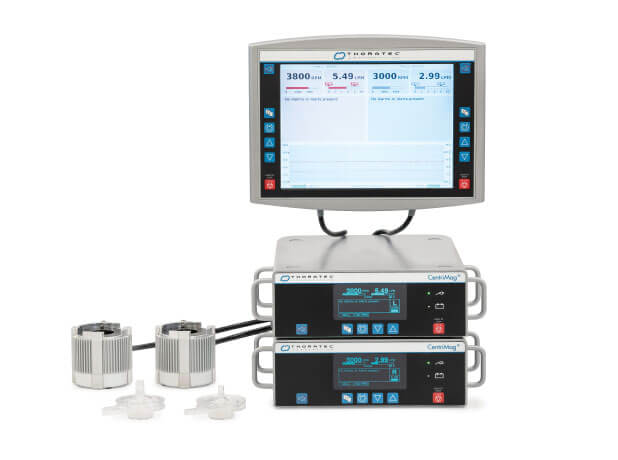
Abstract
Background
The identification, triage, and management of cardiogenic shock (CS) are complex and resource intensive, particularly given the recent surge in the use of temporary mechanical circulatory support (tMCS) devices. This document is an executive summary of a series of consensus statements that guide the bedside clinician regarding the management of tMCS in the setting of CS.
Methods
The PeriOperative Quality Initiative (POQI) and Enhanced Recovery After Surgery (ERAS) Cardiac Society convened an interdisciplinary, international panel of experts and used a structured appraisal of the literature and the modified Delphi method to derive consensus on a series of topics related to both CS and tMCS.
Results
The effort resulted in 3 manuscripts with guidance related to the diagnosis, escalation or de-escalation, and best practices associated with CS and the provision of tMCS. Group consensus was derived around existing clinical questions, summary guidance statements, and the quality of the existing evidence.
Conclusions
The POQI/ERAS cardiac consensus series derived 27 unique statements regarding the care of patients with CS and the provision of tMCS. Key themes emerged, including the need for immediate and systematic assessment of CS severity, early initiation of tMCS, an algorithmic approach to the escalation and de-escalation of tMCS therapies, and adoption of high-quality best practices associated with tMCS management.
We use cookies to provide you with the best possible user experience. By continuing to use our site, you agree to their use. Learn more
